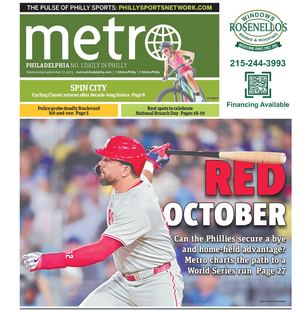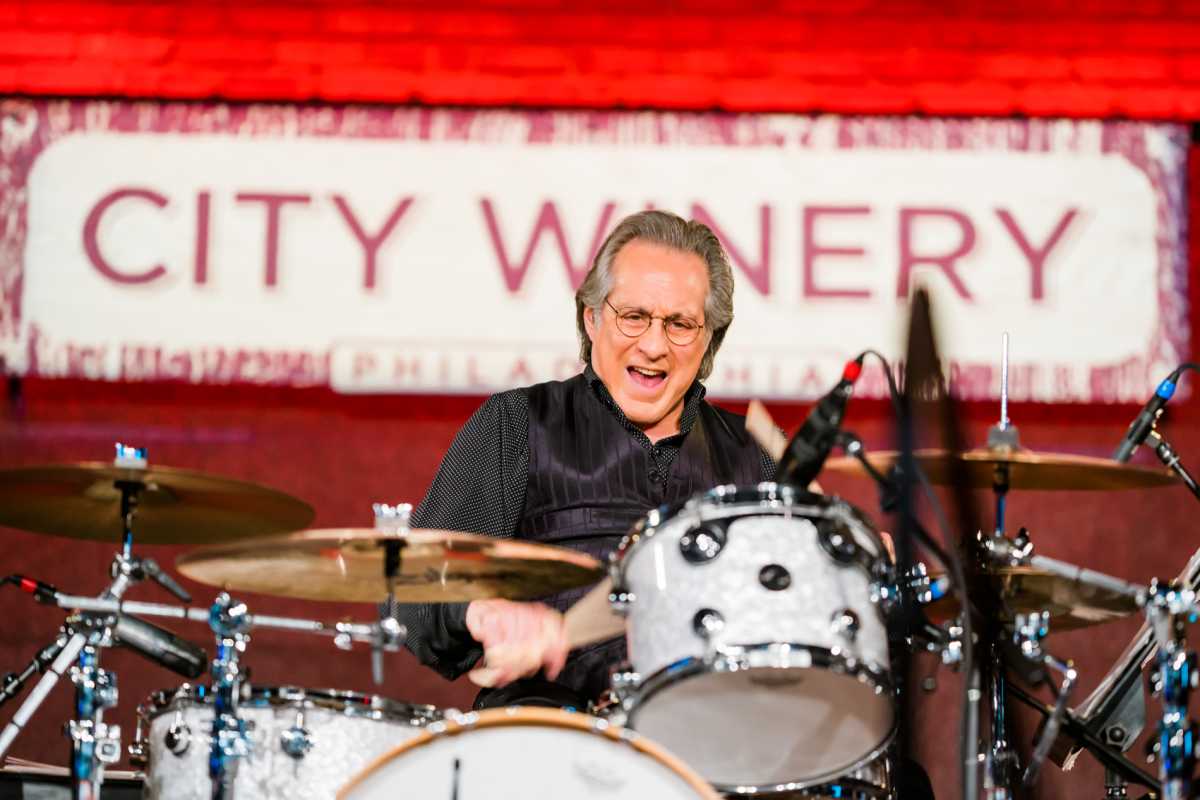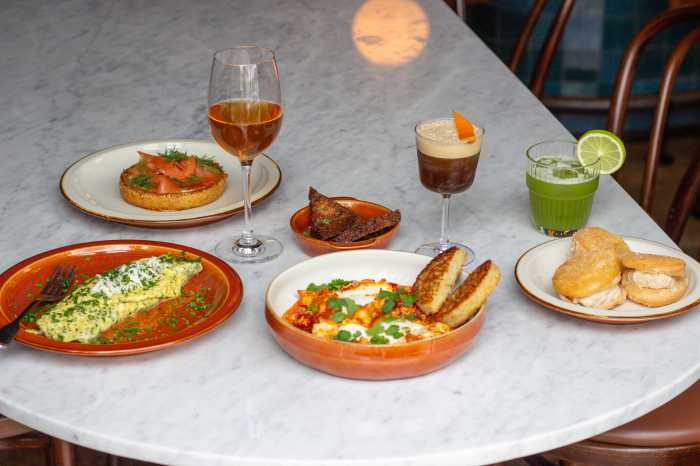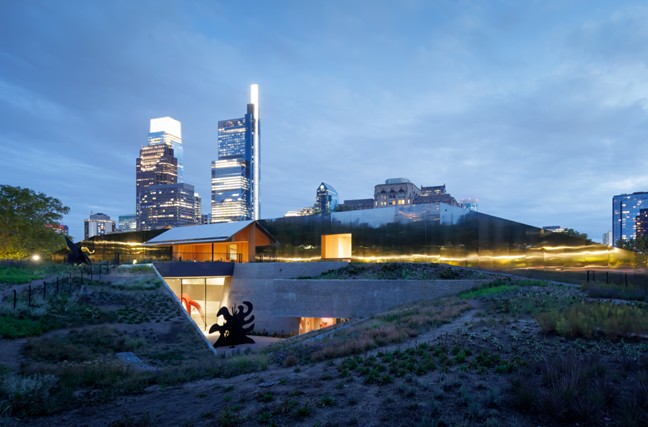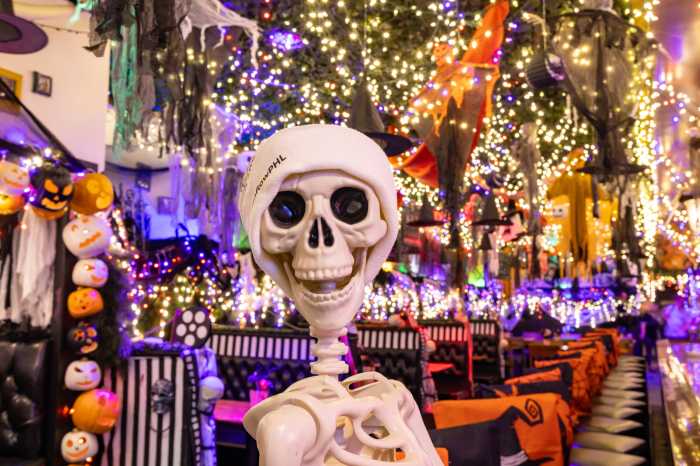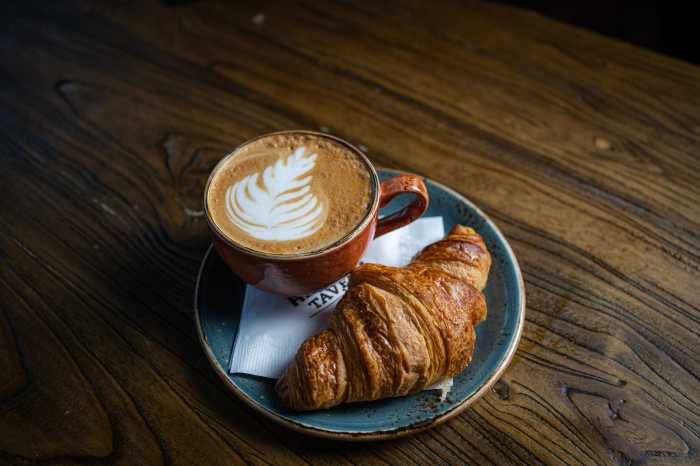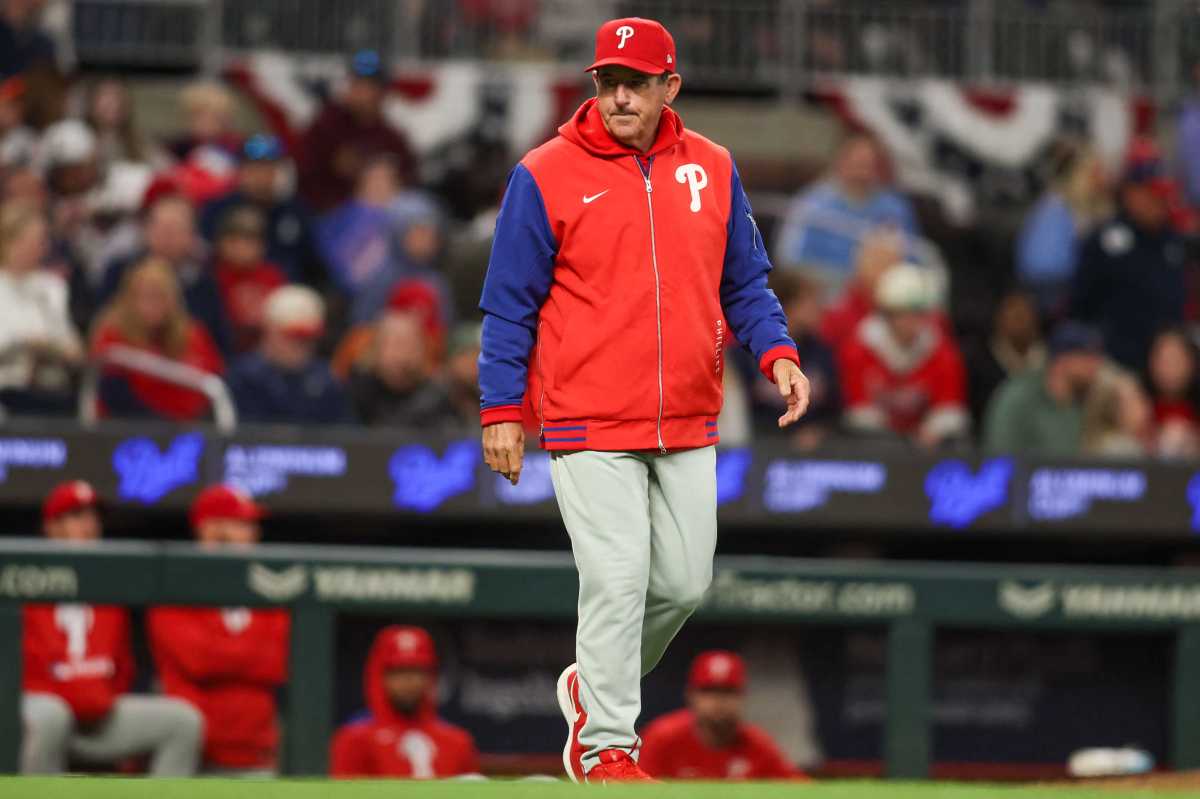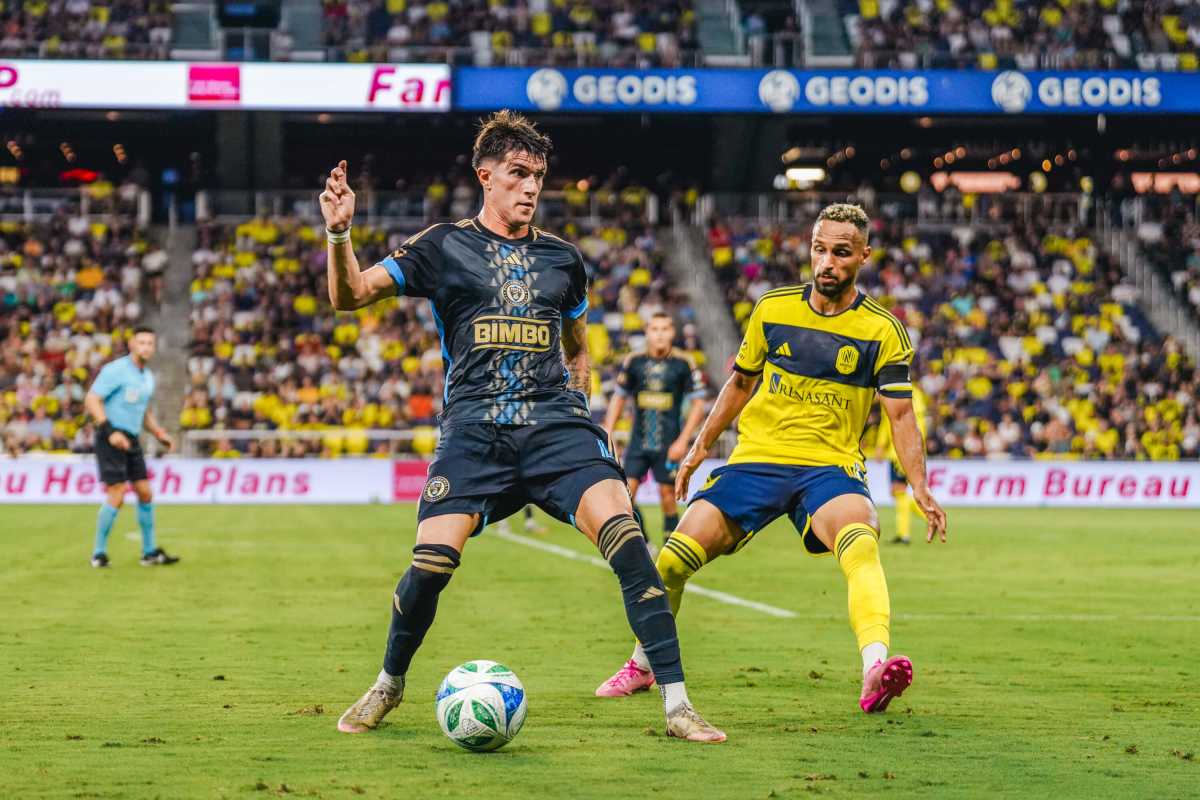Before Bruce Springsteen gathers his E Street Band and heads back on tour in Great Britain and the whole of Europe in May, their longtime drummer Max Weinberg comes home – Philly’s City Winery, April 15 – for his beloved Jukebox live show where the romance of 50s, 60’s and 70s’rock, R&B and pop favorites are on bold, bright display.
“Everybody refers to us as a ‘Jersey’ band, but Bruce and I hooked up in 1974 with my first gig with him was at the Main Point, my second gig with him was at the Tower … and we did our first Spectrum show—our first stadium show period—in South Philly in 1976. Philadelphia is like home for us,” says Weinberg.
Weinberg still has family in Philadelphia, although he now lives in Florida. He talks often, and with deep respect, of local entertainment industry guys like the late Philadelphia jock Ed Schiaky, who first played Springsteen on the radio. He even laughs at himself, thinking of last Summer’s stadium shows in Philly where he made a rare mistake (“lead to a total trainwreck, where we had to stop-and-start again”) in keeping the beat, briefly throwing off the E Street Band to the point of making Springsteen giggle. And he can’t believe that it is now 50-some years when he started with Springsteen on the seminal ‘Born to Run’ album.
“Bruce and the rest of us in the E Street Band are as much of a Philly thing as we are New Jersey. That’s our origin story – Bruce in Freehold, me in Newark.”
The Jukebox is both a labor of love for him and a chance to jam with his musician friends in The Weeklings (Bob Burger, Glen Burtnick, John Merjave, Dave Biglin). More than that, it’s his best hope for preserving what his friend and E Street colleague Little Steven Van Zandt calls “the Renaissance”—the rock, pop, and soul of their past—for future generations.

“The main thing about music – jazz, rock, all music – is to make people dance and feel joy for 90 minutes or more, to allow them to ignore their worldly cares,” says Weinberg. “That’s why they call what I do playing…. And I get off on people feeling that joy and dancing, whether it’s in a huge stadium or a little club.”
“The menu we created for the Jukebox, over 200 songs, are some of my most favorite musical moments, representative of that certain era we talked about earlier, that Renaissance of rock and roll, between 1954 and 1970 where you could see Aretha Franklin on the same chart as the Doors,” adds the drummer. “That Top 40 kept people dancing, and guys like Bruce and Steve would play those AM radio hits at the Jersey Shore then, late at night, play their original music in the clubs that would let them do their thing. That music is in our DNA.
“So, with the Jukebox, you can pick the song that you want to hear – from the Beatles, the Who, the Kinks, the Stones, the Beach Boys, and even some Bruce… We’re in Philadelphia. We have to play Bruce.”
